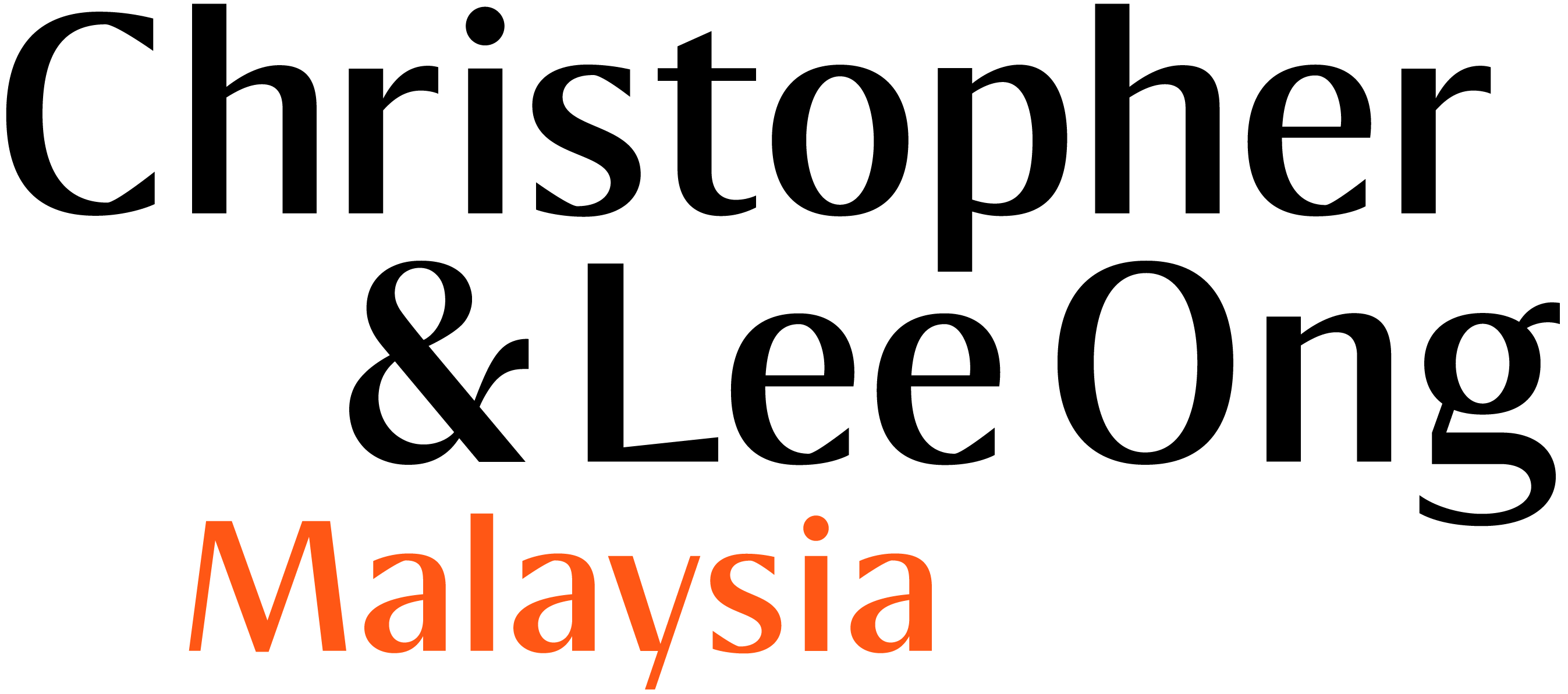The second quarter of 2025 continues to see a notable uptick in competition and consumer protection activity across Southeast Asia. Regulators in the region have shown themselves to be firmly in the driver’s seat in terms of enforcement efforts and merger control, demonstrating active oversight of proposed transactions and commercial behaviour. The administration of competition compliance efforts has been further buttressed by legislative and regulatory developments in a number of jurisdictions, which is indicative of the continually developing competition framework in Southeast Asia.
Regulatory authorities have been particularly active in enforcement, with a focus on bid-rigging schemes and unfair trade practices against consumers. In Singapore, the Competition and Consumer Commission of Singapore has imposed heavy fines on construction firms for bid-rigging in public sector tenders, and has taken action against companies in the beauty and travel industries for unfair trade practices and misleading consumers. The Singapore courts have also upheld a jail sentence for the director of a business that failed to comply with court orders in relation to various unfair trade practices. In Malaysia, the Malaysia Competition Commission has also imposed heavy financial penalties on contractors for bid-rigging in public sector tenders and has advanced enforcement actions to combat price fixing in the childcare and healthcare sectors. The healthcare sector has similarly been the target of enforcement by regulators in Vietnam, which have sanctioned a pharmaceutical company for providing misleading information to customers, and have introduced maximum limits on the discount level and the value of goods and services used in sales promotions. In Thailand, the Trade Competition Commission of Thailand has been active in its enforcement and investigation efforts, launching investigations into companies in the steel industry for competition and pricing issues, and imposed a fine on an audio equipment distributor for anti-competitive behaviour.
On merger control, Singapore continues to see robust regulatory activity, in relation to clearance of proposed mergers in the advertising and marketing industry, as well as the medical oncology industry. In Indonesia, the Indonesia Competition Commission has issued a conditional approval of the acquisition of a major e-commerce platform by TikTok and has also demonstrated its strict enforcement stance by imposing penalties for late merger filings, even for delays as short as one to two days. In Vietnam, the Vietnam Competition Commission has imposed conditions on its approval of an economic concentration involving Grab.
In a demonstration of ongoing advancement and reform, there has been an increased number of legislative amendments and policy initiatives in the realm of competition law. In the Philippines, the Philippine Competition Commission has raised the thresholds for mandatory notification of mergers and acquisitions (“M&As“) and, in an effort to support businesses in managing compliance risks, launched a Competition Compliance Program Toolkit. Competition law in Indonesia is currently undergoing significant reform, with proposed amendments to update the law and enhance the enforcement powers of the Indonesia Competition Commission. In Singapore, the consumer product safety and legal metrology functions have been transferred to the Competition and Consumer Commission of Singapore, providing it with a broader set of tools to strengthen market integrity and conduct investigations. Vietnam has issued a Draft Law on E-Commerce for public consultation, which would significantly amend the legal framework governing the e-commerce sector, with enhanced provisions on consumer protection and competition oversight. E-commerce has been a focus of regulatory scrutiny in Thailand as well, with the drafting of new guidelines on unfair trade practices and monopolistic conduct by e-commerce platforms. In Malaysia, the merger of aviation regulatory authorities has led to the transfer of the competition enforcement role in the aviation sector.
Businesses are reminded that maintaining competition compliance is vital, in light of the active enforcement by regulators across the region against competition and consumer protection violations. This is underscored by the enhanced powers of competition regulators and the imposition of more substantial penalties for infringements.
The Rajah & Tann Asia Competition & Antitrust Team is committed to staying ahead of the rapid developments in competition law across the region and stands ready to assist. Please reach out to us if you wish to further discuss these developments.
For more information, click here to read the full Legal Update.
Disclaimer
Rajah & Tann Asia is a network of member firms with local legal practices in Cambodia, Indonesia, Lao PDR, Malaysia, Myanmar, the Philippines, Singapore, Thailand and Vietnam. Our Asian network also includes our regional office in China as well as regional desks focused on Brunei, Japan and South Asia. Member firms are independently constituted and regulated in accordance with relevant local requirements.
The contents of this publication are owned by Rajah & Tann Asia together with each of its member firms and are subject to all relevant protection (including but not limited to copyright protection) under the laws of each of the countries where the member firm operates and, through international treaties, other countries. No part of this publication may be reproduced, licensed, sold, published, transmitted, modified, adapted, publicly displayed, broadcast (including storage in any medium by electronic means whether or not transiently for any purpose save as permitted herein) without the prior written permission of Rajah & Tann Asia or its respective member firms.
Please note also that whilst the information in this publication is correct to the best of our knowledge and belief at the time of writing, it is only intended to provide a general guide to the subject matter and should not be treated as legal advice or a substitute for specific professional advice for any particular course of action as such information may not suit your specific business and operational requirements. You should seek legal advice for your specific situation. In addition, the information in this publication does not create any relationship, whether legally binding or otherwise. Rajah & Tann Asia and its member firms do not accept, and fully disclaim, responsibility for any loss or damage which may result from accessing or relying on the information in this publication.








